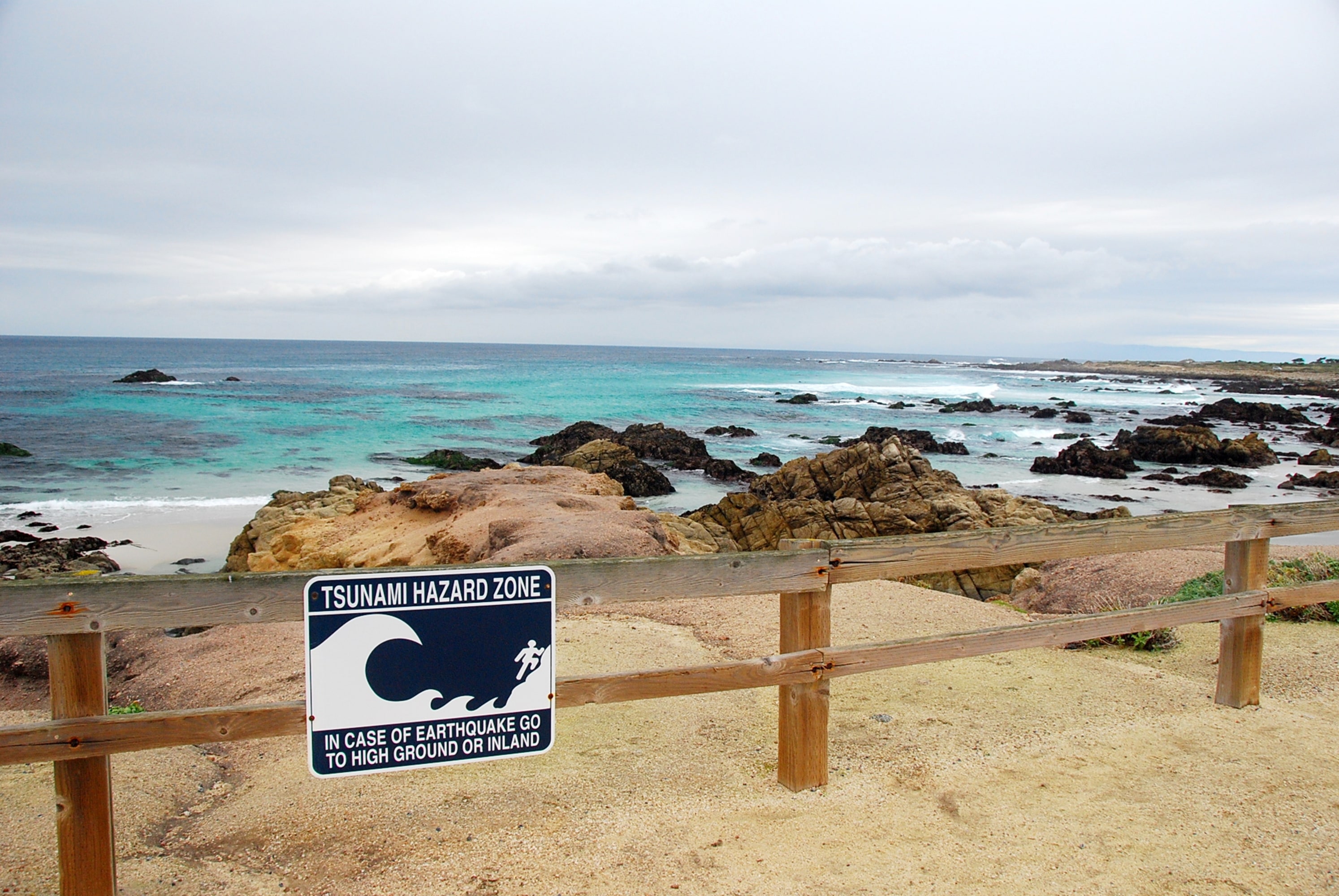Over 400,000 citizens, experts and government officials took part yesterday in a tsunami response exercise across 32 Caribbean countries and 16 territories*. The exercise sought to evaluate national and local tsunami response plans, increase tsunami preparedness, and improve coordination throughout the region. This exercise included two simulated scenarios of an earthquake occurrence in the Western Muertos Trough, South of Dominican Republic and Panama. Titled CARIBE WAVE 22, the exercise simulated a widespread Tsunami Threat situation throughout the Caribbean, which required implementation of national and local tsunami response plans.
The exercise included public notification through sirens, emails, emergency alert systems, text messages, media outlets, radio, and social media. The total number of registered participants reached a historical record for CARIBE WAVE exercises at 406,069 people mobilized across the region, as recorded by the TsunamiZone platform at the time this article was issued.
In addition to the communication tests, in different countries and communities the exercise took various forms including seminars, table top exercises, video/web conferencing, drills and rehearsals.
CARIBE WAVE 22 participants followed a handbook which described the scenarios and contained tsunami messages from the Pacific Tsunami Warning Center (PTWC). The PTWC is the Regional Tsunami Service Provider for countries in the Caribbean Sea and Adjacent Regions.
The exercise was sponsored by UNESCO’s Intergovernmental Oceanographic Commission (UNESCO-IOC), through its Intergovernmental Coordination Group for Tsunami and Other Coastal Hazards Warning System for the Caribbean and Adjacent Regions (ICG/CARIBE-EWS). Other sponsors include the Caribbean Emergency Management Agency (CDEMA), the Centro de Coordinación para la Prevención de los Desastres Naturales en América Central (CEPREDENAC), EMIZ Antilles and the U.S. National Oceanic and Atmospheric Administration (NOAA).
UNESCO-IOC promotes scientific exchange and collaborative efforts in order to establish effective early warning systems for tsunamis and Harmful Algal Blooms (HABs). It coordinates four regional tsunami early warning systems and assists countries’ efforts to improve tsunami warning and preparedness through stakeholder workshops, development and evaluation of ocean wide exercises, as well as overall scientific coordination across regions.
At the community-level, UNESCO coordinates “Tsunami Ready”, a voluntary, performance-based community recognition program that promotes an understanding of the concept of readiness as an active collaboration among national and local warning and emergency management agencies and government authorities, scientists, community leaders, and the public. Participation in regular national and regional tsunami response exercises such as CARIBE WAVE 22 is an important element in ensuring tsunami preparedness.
Tsunami Ready recognition granted to 100% of coastal communities within areas subject to tsunami risk is a major goal of the international community for the UN Decade of Ocean Science for Sustainable Development (2021-2030).
Creating a “safe ocean”, where life and livelihoods are stronger protected from ocean-related hazards such as tsunamis, is a part of reshaping humanity’s relationship with the ocean and promoting a sustainable ocean economy. This is one of the Ocean Decade challenges for governments, scientists, businesses and civil society,” said Vladimir Ryabinin, Executive Secretary of the Intergovernmental Oceanographic Commission of UNESCO.
The ‘Ocean Decade’ seeks to stimulate ocean science and knowledge generation to reverse the decline of the state of the ocean system and catalyse new opportunities for sustainable development of this massive marine ecosystem. The vision of the Ocean Decade is ‘the science we need for the ocean we want’. The Ocean Decade provides a convening framework for scientists and stakeholders from diverse sectors to develop the scientific knowledge and the partnerships needed to accelerate and harness advances in ocean science to achieve a better understanding of the ocean system, and deliver science-based solutions to achieve the 2030 Agenda. The UN General Assembly mandated UNESCO's Intergovernmental Oceanographic Commission (IOC) to coordinate the preparations and implementation of the Decade.
***
*Antigua and Barbuda, Aruba, Bahamas, Barbados, Belize, Brazil, Colombia, Costa Rica, Cuba, Curacao, Dominica, Dominican Republic, France (Martinique, Guadeloupe, St. Barthelemy, St. Martin), Grenada, Guatemala, Guyana, Haiti, Honduras, Jamaica, Mexico, Netherlands (Bonaire, Saba and Sint Eustatius), Nicaragua, Panama, Saint Kitts and Nevis, Saint Lucia, Saint Vincent and the Grenadines, Sint Maarten, Suriname, Trinidad and Tobago, United Kingdom (Anguilla, British Virgin Islands, Bermuda, Cayman Islands, Montserrat and Turks and Caicos), United States (Puerto Rico and the US Virgin Islands) and Venezuela (Bolivarian Republic of).
Key links:
Caribbean Tsunami Information Centre
***
About IOC-UNESCO:
The Intergovernmental Oceanographic Commission of UNESCO (IOC-UNESCO) promotes international cooperation in marine sciences to improve management of the ocean, coasts and marine resources. The IOC enables its 150 Member States to work together by coordinating programmes in capacity development, ocean observations and services, ocean science and tsunami warning. The work of the IOC contributes to the mission of UNESCO to promote the advancement of science and its applications to develop knowledge and capacity, key to economic and social progress, the basis of peace and sustainable development.
